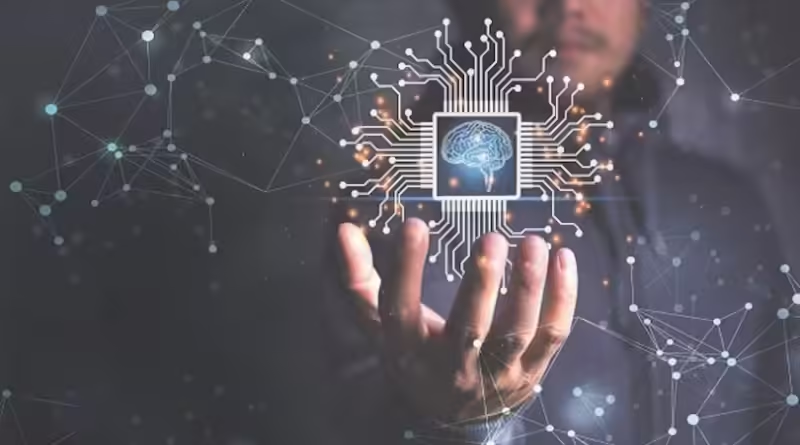AI and Tech Innovations: Transforming the Future One Algorithm at a Time
In recent years, Artificial Intelligence (AI) has rapidly evolved from a futuristic concept into a transformative force across various industries. As AI and related technologies continue to advance, they are reshaping how we live, work, and interact with the world. From healthcare to finance, the integration of AI is not just an enhancement but a revolution that holds the potential to redefine the future.
The Evolution of AI: From Concept to Reality
AI, once a topic confined to the realms of science fiction, has now become a central component of modern technology. The journey began with early AI research in the 1950s, but it wasn’t until the advent of big data and powerful computing resources that AI truly began to flourish. Machine learning, a subset of AI, emerged as a key driver of this transformation, enabling systems to learn from data, identify patterns, and make decisions with minimal human intervention.
Today, AI is embedded in everyday life, from voice assistants like Siri and Alexa to recommendation engines on Netflix and Amazon. However, these consumer applications are just the tip of the iceberg.
AI in Healthcare: Revolutionizing Patient Care
One of the most significant impacts of AI is in the healthcare sector. AI-powered tools are revolutionizing diagnostics, personalized medicine, and patient care. For example, machine learning algorithms can analyze medical images with high accuracy, assisting doctors in early detection of diseases like cancer. Additionally, AI is enabling the development of personalized treatment plans by analyzing a patient’s genetic information alongside other data.
Telemedicine, accelerated by the COVID-19 pandemic, has also benefited from AI, allowing for remote diagnosis and monitoring. This shift not only makes healthcare more accessible but also more efficient, reducing the burden on medical professionals and improving patient outcomes.
AI in Finance: Enhancing Efficiency and Security
In the finance industry, AI is driving innovation in areas such as fraud detection, risk management, and customer service. Machine learning algorithms can analyze vast amounts of transaction data to detect unusual patterns, helping to prevent fraud before it occurs. In addition, AI-driven chatbots and virtual assistants are enhancing customer service by providing instant, personalized responses to customer inquiries.
AI is also transforming investment strategies through algorithmic trading, where complex AI models analyze market data to execute trades at optimal times. This has led to increased efficiency and profitability for traders and financial institutions alike.
The Role of AI in Autonomous Systems
Autonomous systems, such as self-driving cars and drones, are another area where AI is making significant strides. Companies like Tesla and Waymo are at the forefront of developing autonomous vehicles that promise to revolutionize transportation by reducing accidents, improving traffic flow, and increasing fuel efficiency.
Drones equipped with AI are being used for various applications, including agriculture, where they can monitor crop health and optimize irrigation, and in disaster response, where they can assess damage and deliver aid more effectively.
Ethical Considerations and the Future of AI
As AI continues to advance, it raises important ethical questions. Issues such as data privacy, algorithmic bias, and the potential for job displacement are at the forefront of discussions around AI’s impact on society. Ensuring that AI is developed and deployed responsibly is crucial to maximizing its benefits while minimizing its risks.
Looking ahead, the future of AI is both exciting and uncertain. As AI technology continues to evolve, it is likely to play an even more integral role in our lives, driving innovation across industries and creating new opportunities for growth and development.
Conclusion
AI and tech innovations are not just trends; they are the building blocks of the future. From healthcare and finance to autonomous systems, AI is transforming industries and offering solutions to some of the world’s most pressing challenges. As we move forward, embracing these innovations while addressing their ethical implications will be key to ensuring that AI remains a force for good, shaping a future that benefits all of humanity.
